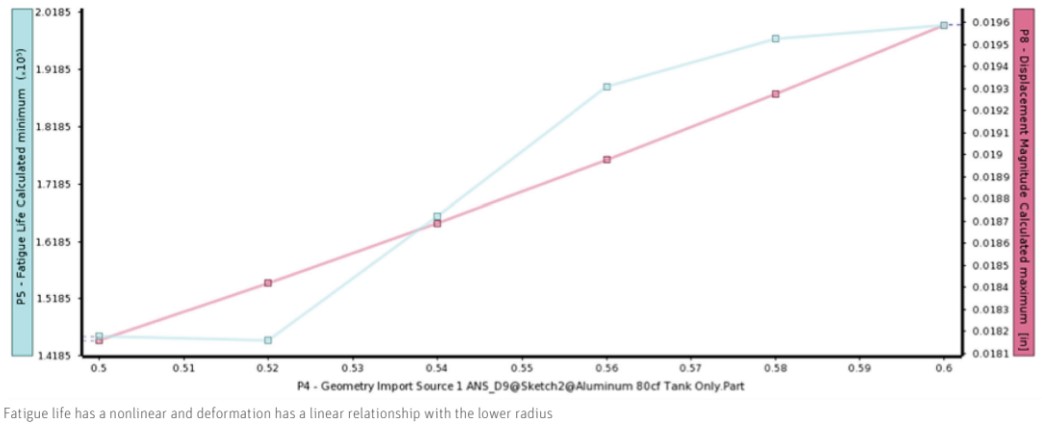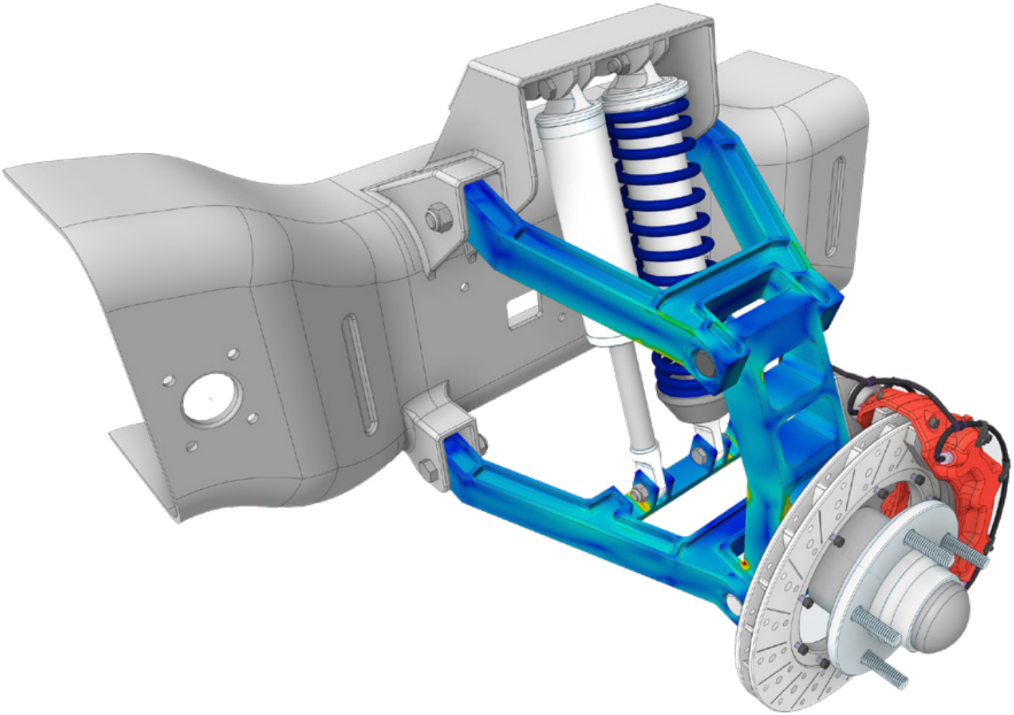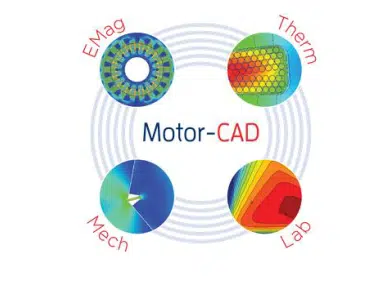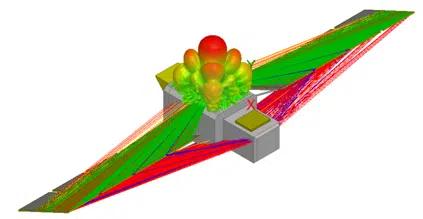Design of Experiments (DOE) and TopOpt | Ansys Webinar:
This webinar will demonstrate some of the newer capabilities of Discovery Live, along with discussion with experts on Design of Experiments (DOE). Topology optimization will be introduced, illustrating unbelievable speeds of physics driven shape optimization.
Then, a design of experiments will be performed to show how to automatically solve 100 designs parametrically in a matter of minutes.

What is DOE (Design of Experiments)
The term “design of experiments” (DOE) refers to a subfield of applied statistics that focuses on the planning, carrying out, analyzing, and interpreting of controlled experiments to determine the variables that affect the value of a parameter or set of parameters. Moreover, DOE is a potent instrument for data gathering and analysis that may be applied in a range of experimental settings.
In addition, it enables the manipulation of numerous input variables to ascertain how they affect a desired outcome (response). DOE can find significant interactions by adjusting several variables simultaneously that might be overlooked when experimenting with a single element at a time. It is feasible to study every conceivable combination (full factorial) or only some of them (fractional factorial).
Strategically Planning and Executing Experiments in Ansys
A carefully thought out and carried out experiment may reveal a lot about the impact of one or more factors on a response variable. Additionally, In many experiments, some variables are kept constant while the amounts of another variable are changed. However, compared to altering factor levels simultaneously, this “one factor at a time” (OFAT) method of processing knowledge is ineffective.
Early 20th century work serves as the foundation for many of the current statistical methods for designed experiments. Specifically, Fisher gave an example of how carefully planning an experiment’s design and execution before starting it might help analyze difficulties that are regularly faced. Furthermore, blocking, randomization, and replication are essential ideas in designing an Ansys experiment.
- Blocking: Blocking allows you to limit randomization when it is impossible or too expensive to randomize a factor by conducting all of the trials with one setting of the factor, followed by all of the trials with the opposite setting.
- Randomization: This term describes how an experiment’s trials are carried out. An unpredictable or uncontrolled variable’s impacts are lessened by using a random sequence.
- Replication: Repeating a whole experimental procedure, down to the setup.
An effective experiment may offer responses to issues like:
- What constitutes a process’ essential elements?
- What parameters would the process need to operate at acceptable levels?
- What are the process’s primary, defining, and interaction effects?
- Which parameters would result in less output variation?
Additional Ansys Software Tips & Tricks Resources
-
- Analyzing normal and Tangential Elastic Foundations in Mechanical
- Why Meshing is Crucial for FEA Fluid Simulations Prior to Prototyping
- For support on Contained Fluid FEA Modeling with HSFLD242 Elements
- For Exporting a Deformed Geometry Shape Post-Analysis in Mechanical
- Moreover, for guidance Multi-Step Analyses in Mechanical
- For Retrieving Beam Reaction Force in a Random Vibration Analysis
- Deploying Ansys Macro Programming vis *USE Command in Mechanical
- For replicating Fatigue Models from Start to Finish in Mechanical
- In addition, setting up Acoustic Simulations of a Silencer
- For a step-by-step guide on 2D to 3D Submodeling in Mechanical
- For modeling Pipe16 Circumferential Stress in Mechanical
- For Support on performing ‘EKILL‘ in Workbench
- APDL Command Objects post-Spectral Analysis
- For Separating DB Database Files from RST Files
- Measuring Geometric Rotation in Mechanical WB
- Explicitly, CAD Geometry Deformation Plasticity
- Offsetting a Temperature Result to Degrees Absolute
- For general guidance on Ansys Post-Processing
- Finally, for basic Ansys Software Installation and License Manager Updates







